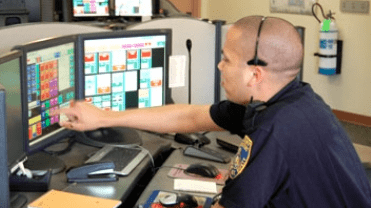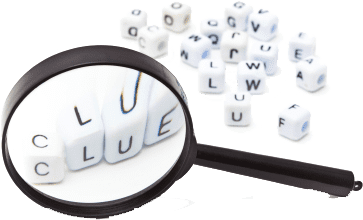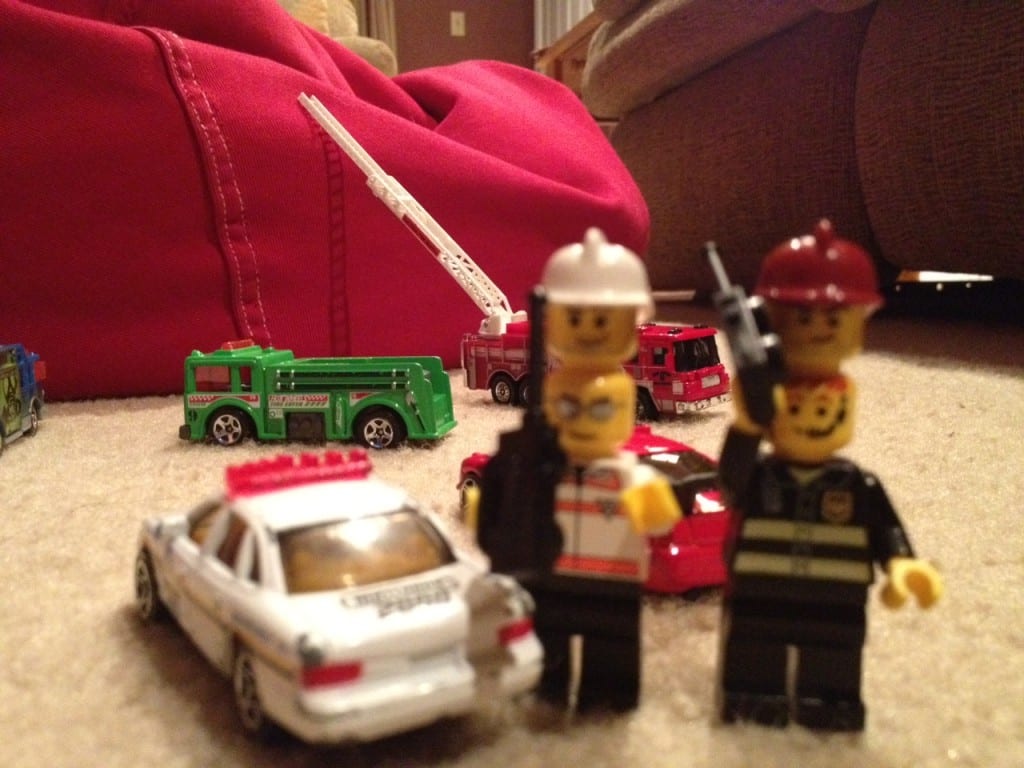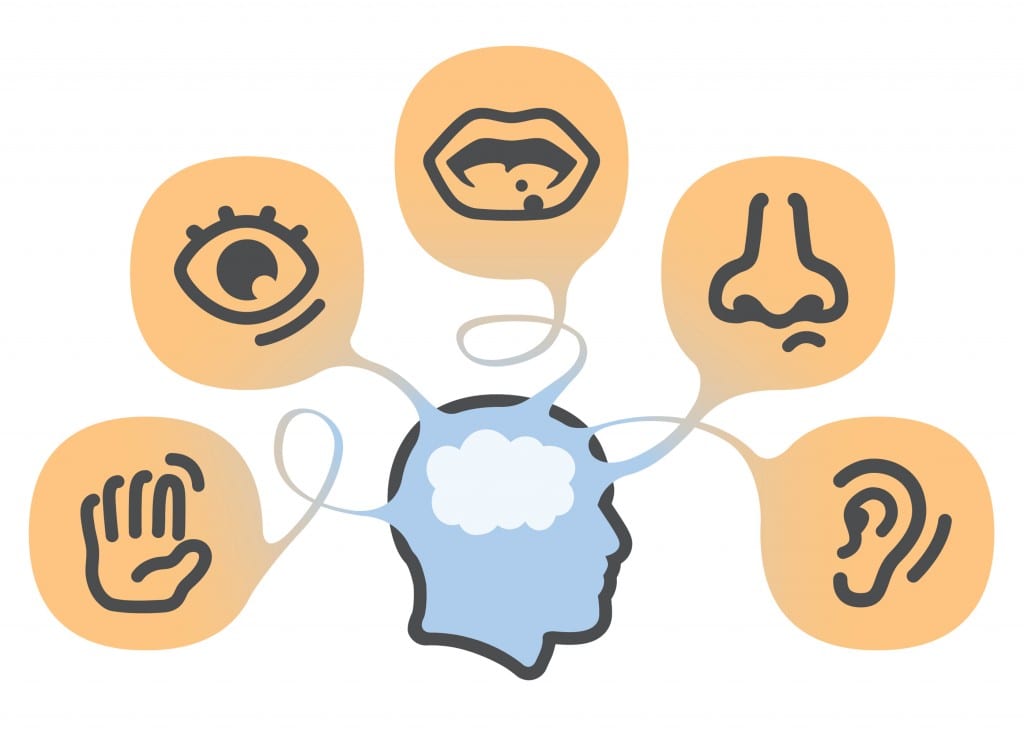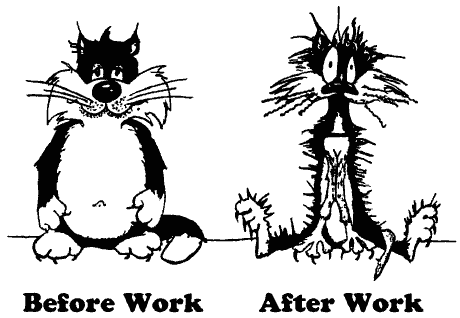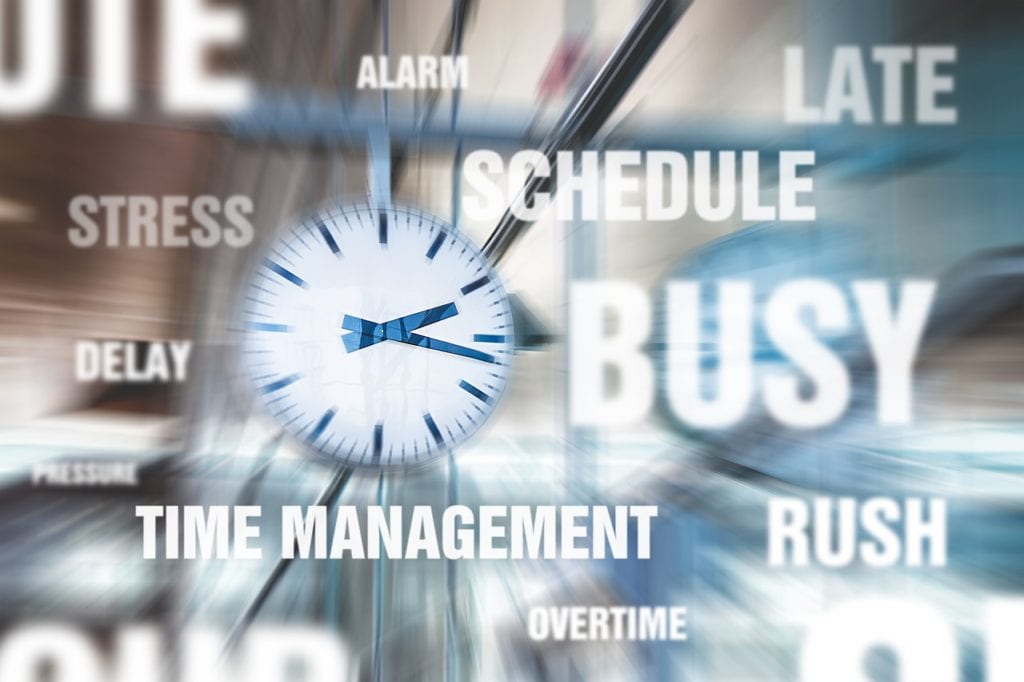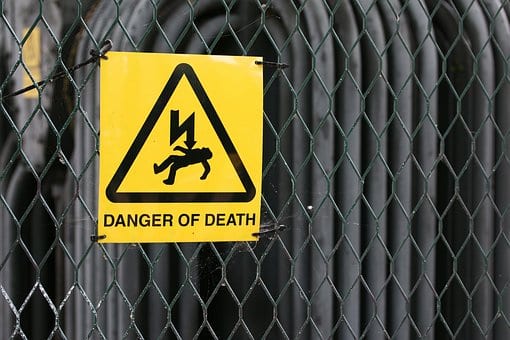Unexpected Information Can Be a Barrier to Situational Awareness
One of the foundations of situational awareness development is being able to make accurate predictions of future events. Making (accurate) predictions is a fairly complex neurological process that relies heavily on gathering information, comprehending the meaning of the information, tapping into your stored knowledge of past experiences, trusting your intuition and using your imagination to […]
Unexpected Information Can Be a Barrier to Situational Awareness Read More »


